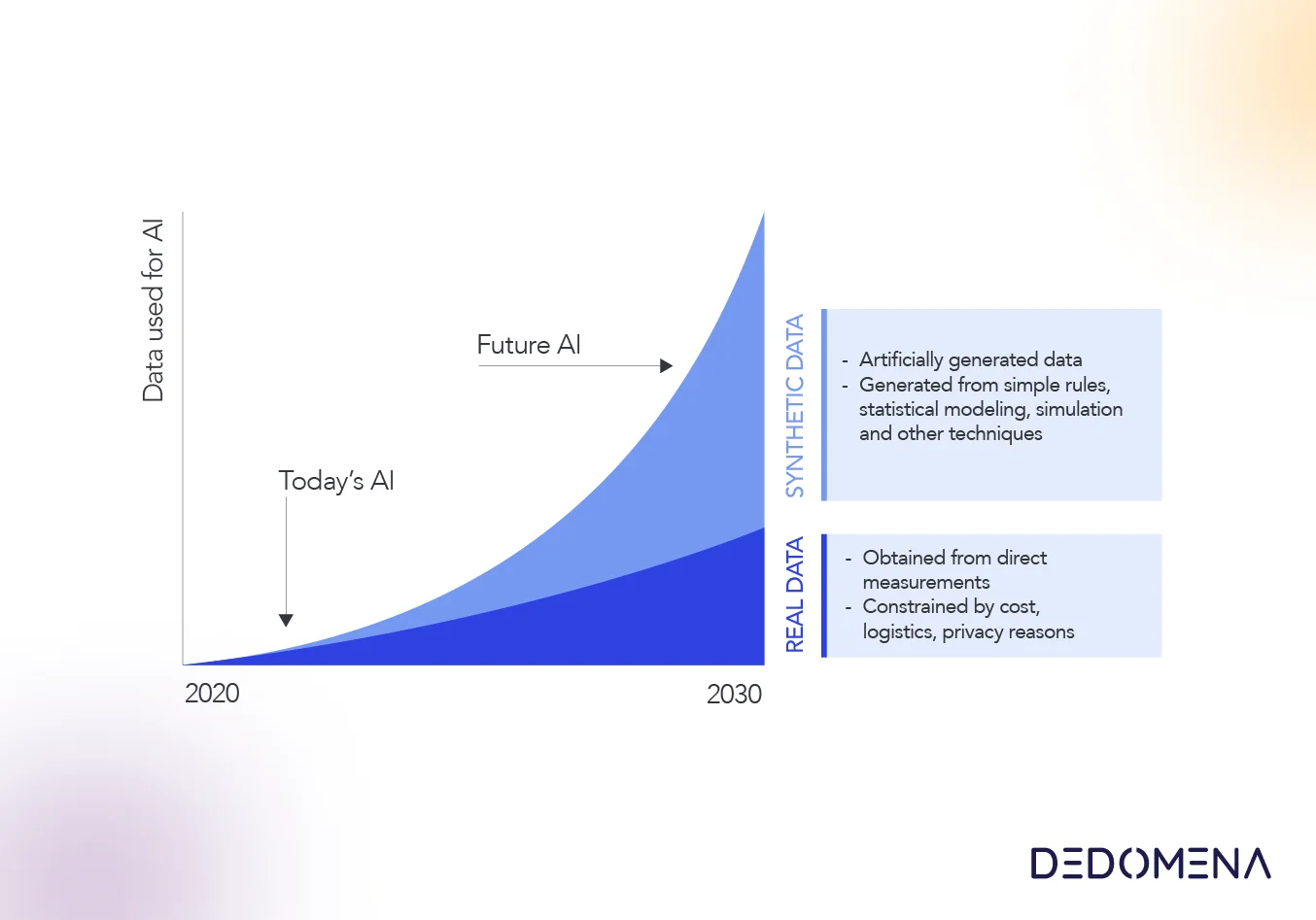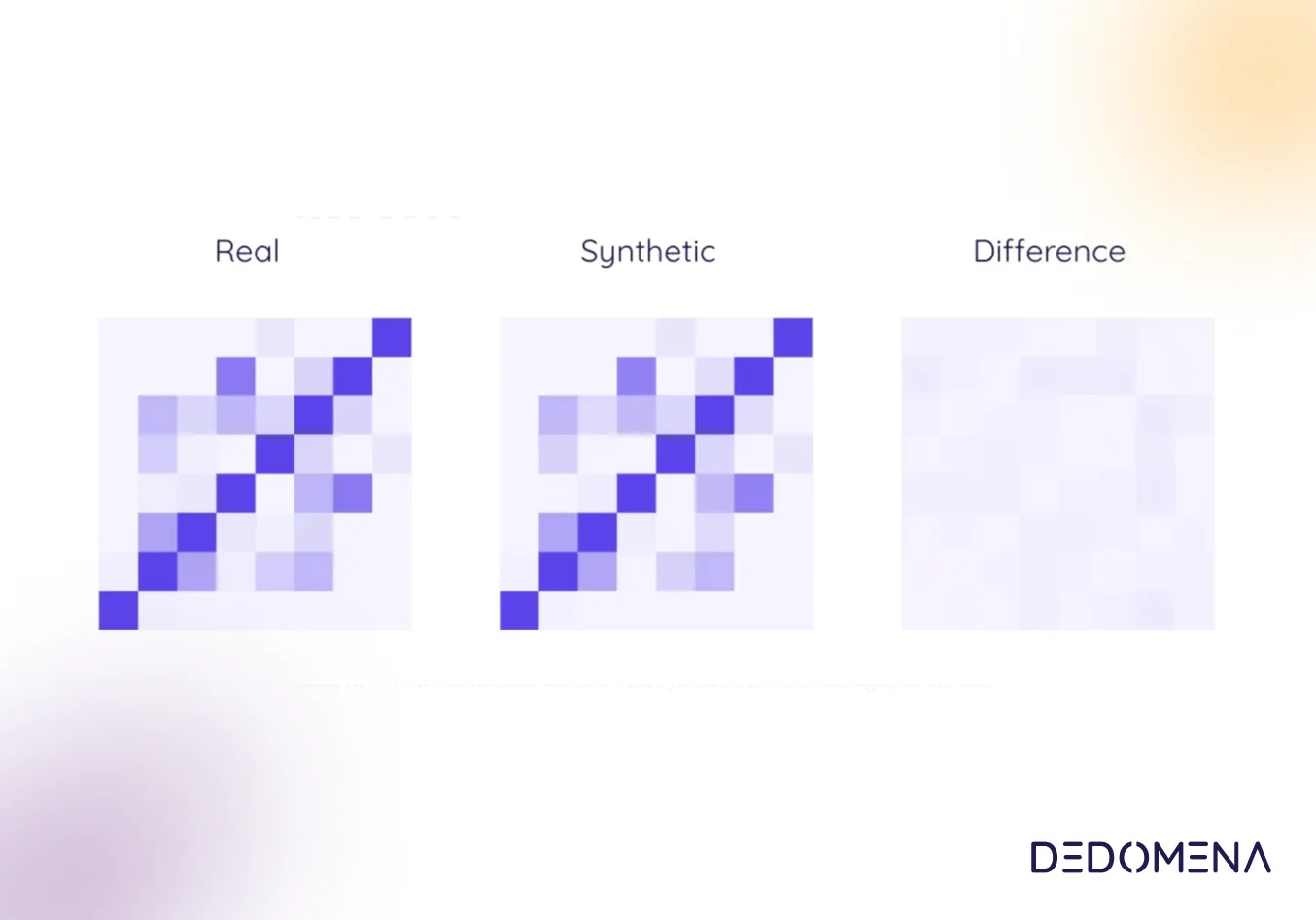In our increasingly technological society, where data is a valuable resource handled with utmost care, institutions relying on data-driven approaches face the challenge of collaborative development while adhering to data protection laws. One technique facilitating such collaboration, within the parameters of data protection, is federated learning.
What is Federated Learning?
Federated learning is a privacy-centric approach to training models using shared data among collaborators who cannot directly share their data due to legal considerations such as data protection laws and user consent issues. This approach enables the training of machine learning models on distributed devices, avoiding the need to centralize sensitive data. Local models are trained, and only model updates are shared centrally.
This method allows organizations to collaborate in training a unified model by combining independently trained model parameters and updates. It presents a compelling approach for machine learning training without the need for direct data sharing.
Ideally, all local models should be learning similar patterns. However, in practical scenarios, this alignment may not be perfect, as different collaborators might have distinct populations with varied patterns in the data. The more these local models diverge, the slower the convergence of the overall model.
Sluggish convergence poses significant challenges in model development, leading to high infrastructure and networking costs, slower iteration and experimentation, and increased difficulty in transitioning the best model into production.
How Synthetic Data Techniques Differ from Federated Learning
Synthetic data refers to artificially generated data that maintains the statistical characteristics of real data but does not contain specific individual information. It proves advantageous by producing data not tied to specific individuals, effectively mitigating privacy concerns. Here are three key pillars where synthetic data differs from federated learning:
-
1. Privacy and Security
Synthetic data offers advantages by producing data that is not tied to specific individuals, effectively mitigating privacy concerns. Conversely, federated learning, while addressing privacy issues to a certain extent, introduces potential risks through the sharing of model updates, leaving room for concerns about data security.
-
2. Data Availability
In terms of data availability, synthetic data stands out as it eliminates reliance on specific datasets, offering a flexible solution that overcomes limitations related to data availability. On the contrary, federated learning poses a challenge in this aspect, as it necessitates access to local data, potentially creating obstacles in environments with strict access restrictions.
-
3. Innovation Efficiency
When it comes to innovation efficiency, synthetic data emerges as a facilitator, streamlining experimentation and enabling swift model development by eliminating barriers associated with accessing real data. In contrast, federated learning, while effective in certain aspects, may exhibit a slower pace in innovation. This can be attributed to the necessary coordination and communication required for updates between the various distributed devices involved in the learning process.
While federated learning has been an effective response to privacy challenges, synthetic data techniques emerge as a more flexible and efficient option. By overcoming limitations in data availability and addressing privacy concerns more comprehensively, synthetic data is paving the way for a new era of innovation in artificial intelligence. The ability to generate high-quality data without compromising privacy offers businesses and developers a significant strategic advantage. Ultimately, the choice between these approaches will depend on the specific needs of the project, but it is clear that synthetic data is gaining recognition as a valuable resource in the arsenal of modern artificial intelligence.

















































